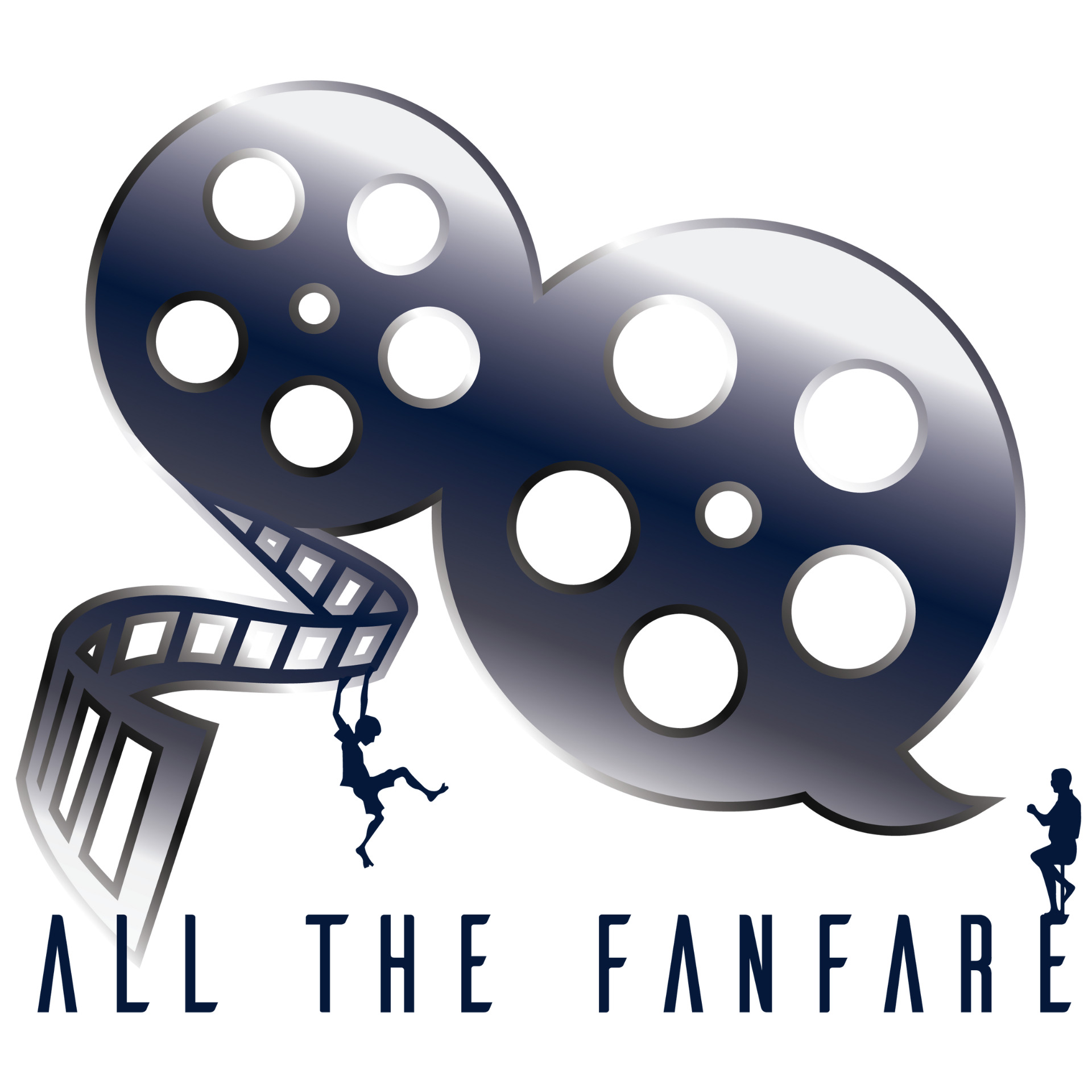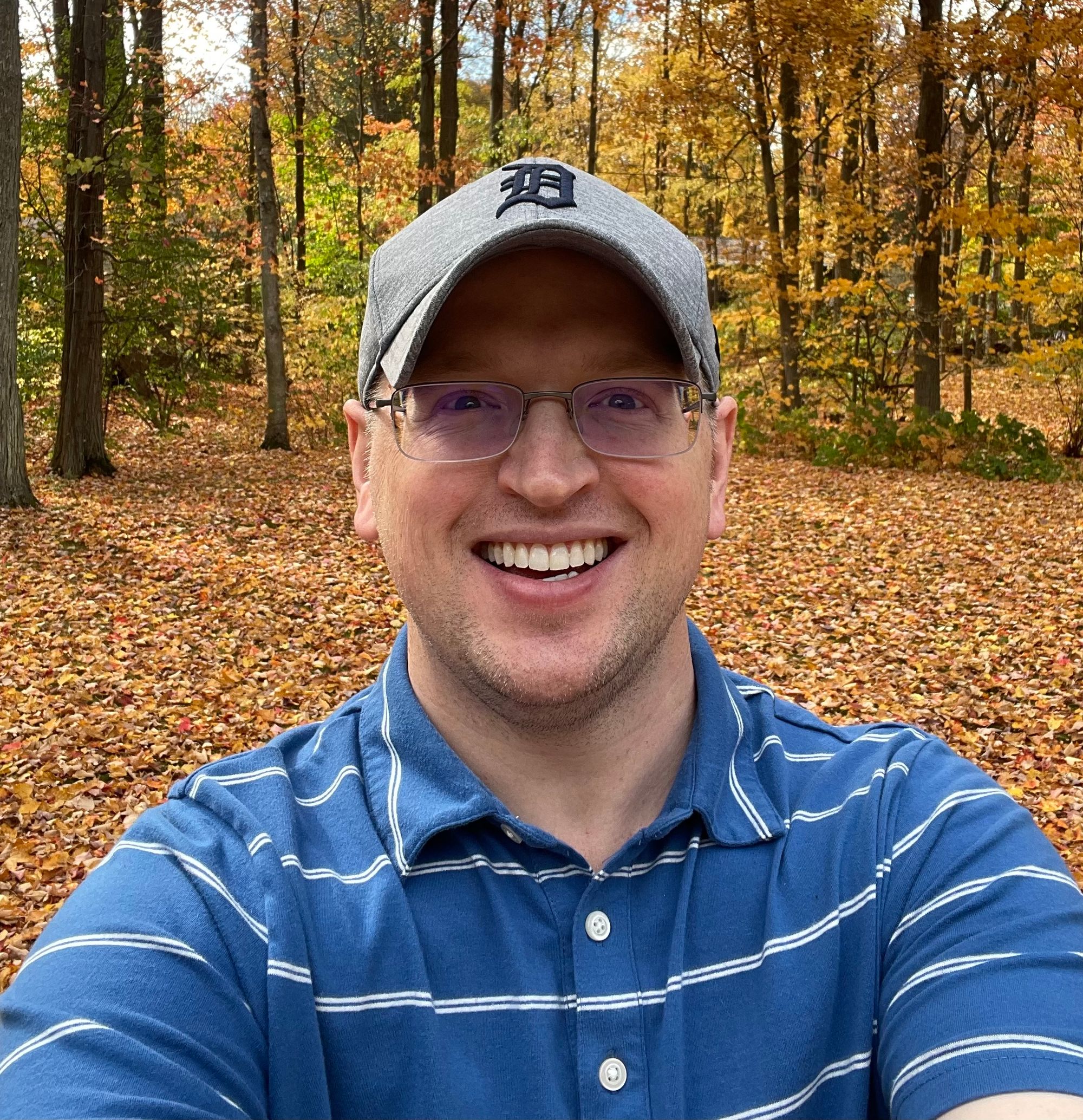Point Break was born of the convergence of two seemingly disparate ideas: surfing and bank robberies. Rick King, the film's co-producer, read that L.A. was the bank robbery capital of the world—we'll definitely be coming back to that—and thought it'd be interesting to have an FBI agent who goes undercover as a surfer.1
The dichotomy is what drew director Kathryn Bigelow to the project. "I loved the paradox that it set up. You have these two worlds in direct opposition to one another. It's a system versus the anti-system."2
Or as Bodhi (Patrick Swayze) memorably says in the film:
"This was never about the money for us. It's about us against the system. That system that kills the human spirit. We stand for something to those dead souls inching along the freeways in their metal coffins, we show them that the human spirit is still alive."
It sounds super melodramatic written in black and white like that, but when Swayze says it, with the glow of firelight reflected on his sun-kissed face, you believe. I mean, yes, obviously, he's blowing smoke up every available orifice. 'Shotgunning' is probably more accurate. As in: Bodhi shotgunned his macho-spiritual ganja into Roach's mouth and also his anus. Waitaminute—is that why Roach is always mooning people? He's just getting ready for Bodhi to hype him up?
Point Break is the kind of movie that assumes your brain is turned off and in the upright position for the duration of the flight. But even when you accidentally stop and think about this stuff, you end up nodding along.
Screenwriter W. Peter Iliff had real world experience with surfer-thieves. He'd waited tables in Malibu and personally knew surfers who couldn't keep jobs because their first priority was chasing waves. "They aren't holding 9-5 jobs, they were selling weed, or many were thieves. There is a legacy of Malibu surfer thieves. Small stuff—shoplifting from the grocery store, [or] they go to the party and empty your closet and your refrigerator. To think that these guys were robbing banks to follow their endless summer was a natural extension of that."3
The bank robbers wore president masks in the first draft, but the script initially called for dead presidents. Consider an alternate universe where the surfer-thieves are a quartet of Washington, Lincoln, Grant, and Jefferson. Would they carry muskets and say things like 'verily' and 'hereby'? (Would most people even recognize Grant and Jefferson?)
Fortunately, James Cameron—who reworked much of the script with his then-wife Bigelow—intervened. "Having George Washington in the bank is not as cool as Nixon or Reagan."4 Obviously, though Washingon and Lincoln masks might work in a period piece where the crew rob stage coaches instead of banks. Then again, I can't think of a president whose face makes for a better mask than Nixon.





